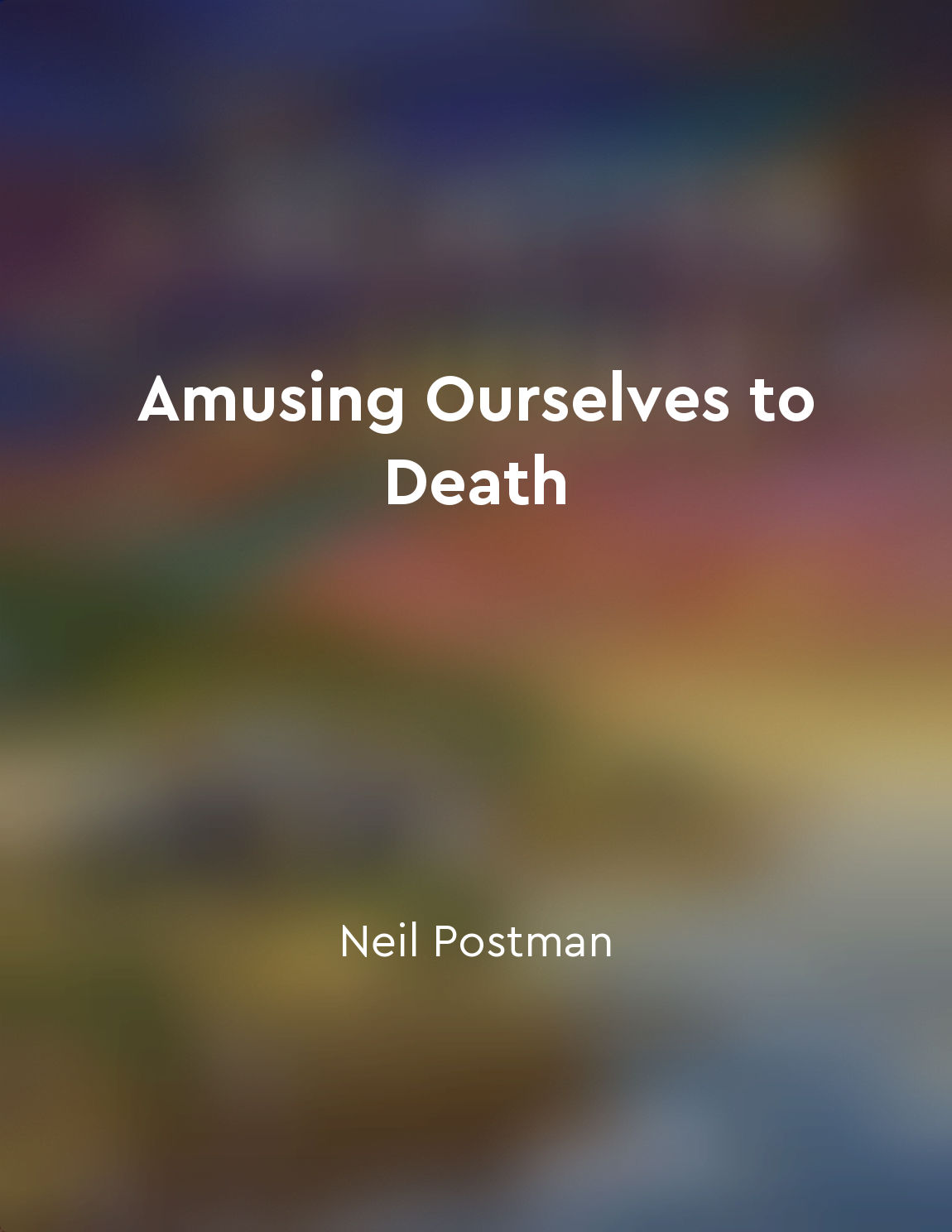Interactive media fosters mental growth from "summary" of Everything Bad is Good for You by Steven Johnson
In our modern world, interactive media has become an integral part of our daily lives. From video games to social media platforms, these interactive forms of entertainment have often been criticized for their negative impact on mental health. However, a closer look reveals that interactive media actually has the potential to foster mental growth in individuals of all ages. One key aspect of interactive media is its ability to engage our minds in ways that traditional forms of media cannot. Unlike passive activities like watching television, interactive media requires active participation from the user. This means that individuals must make decisions, solve problems, and think critically in order to progress through the content. In doing so, they are constantly exercising their brains and developing valuable cognitive skills. Furthermore, interactive media often presents complex and challenging scenarios that require users to think creatively and strategically. Whether it's navigating a virtual world, solving puzzles, or engaging in multiplayer competition, these activities stimulate our brains and encourage us to think outside the box. This type of mental engagement can lead to improved problem-solving abilities, enhanced creativity, and increased cognitive flexibility. Another benefit of interactive media is its capacity to promote social interaction and collaboration. Many video games and online platforms offer multiplayer capabilities that allow individuals to connect with others from around the world. By working together towards a common goal or competing against one another, users are able to develop important social skills such as communication, teamwork, and conflict resolution.- Interactive media has the potential to provide a rich and stimulating environment for mental growth. By engaging with these forms of entertainment, individuals can improve their cognitive abilities, enhance their problem-solving skills, and develop important social competencies. Rather than being detrimental to our mental health, interactive media has the power to enrich our minds and expand our horizons in ways that traditional media cannot.
Similar Posts
Respecting your teammates and opponents
Respecting your teammates and opponents is a fundamental aspect of any sport. It is not just about treating them with courtesy,...
Foster a love for numbers
Mathematics is a subject that often evokes mixed feelings among students. Some love it, while others dread it. However, it is e...

Communicate openly and honestly
When it comes to building a strong and trusting relationship with your child, one of the most important things you can do is co...
Cultivate gratitude and mindfulness practices
One of the key practices that can help parents simplify and enrich their lives is to focus on cultivating gratitude and mindful...

Prioritize tasks to reduce overwhelm
When faced with a long to-do list, it's easy to feel overwhelmed and unsure of where to begin. The key to overcoming this feeli...
Automation can reduce the need for creative problemsolving
Automation can indeed reduce the need for creative problem-solving. When tasks are automated, there is less room for human inte...
Strategies for independent play
Encouraging your preschooler to engage in independent play can help foster their creativity, independence, and problem-solving ...

Emotions can influence cognitive processes
In our complex brains, emotions and cognitive processes are deeply intertwined. When we experience emotions, such as happiness,...
Identity exploration is a key task in adolescence
During adolescence, individuals go through a period of intense self-exploration and reflection. This is a pivotal time in their...

Television stunts our ability to engage in critical thinking
In his examination of the impact of television on society, Postman argues that the medium of television has the inherent abilit...

